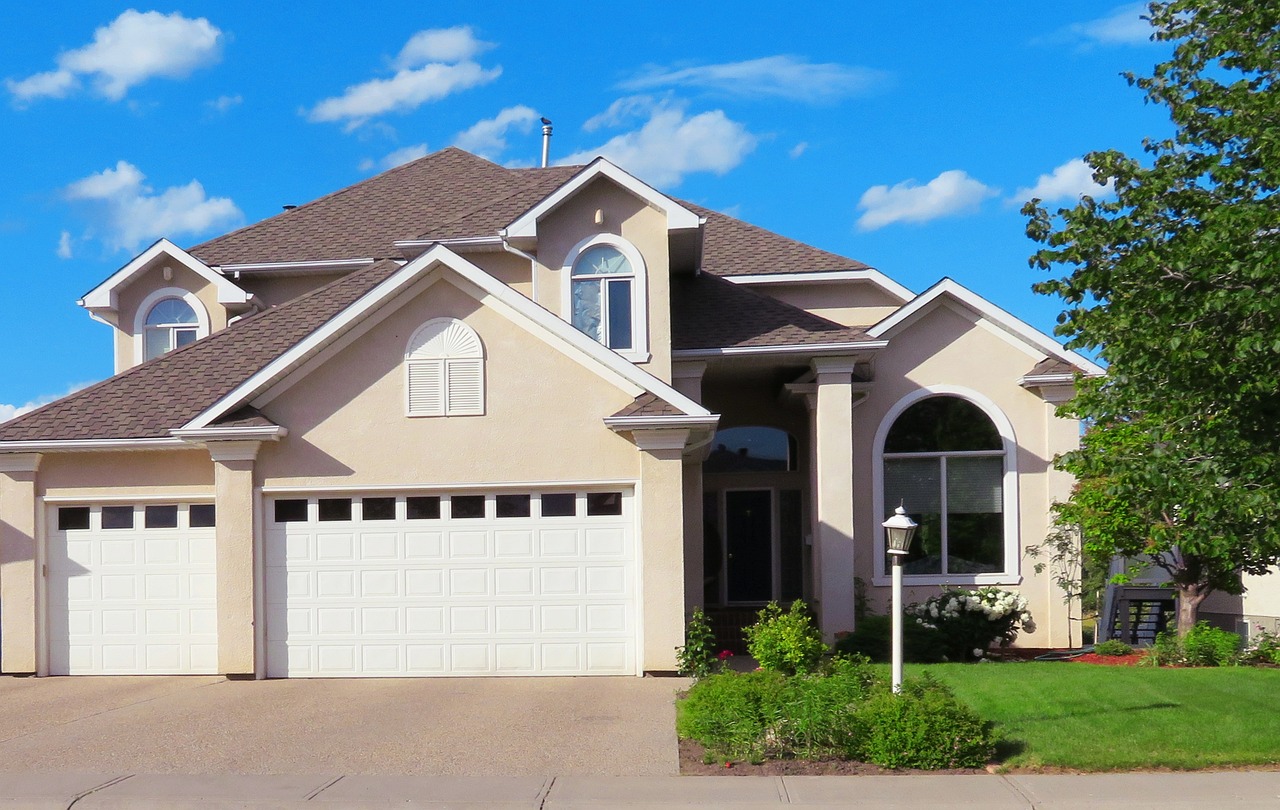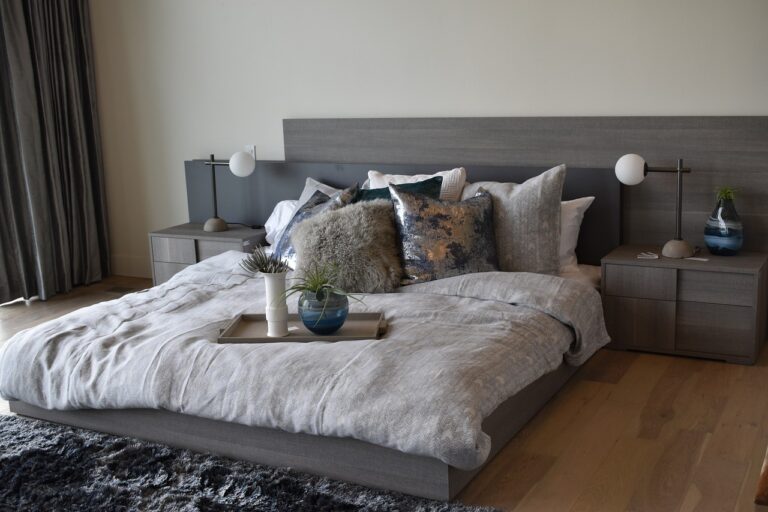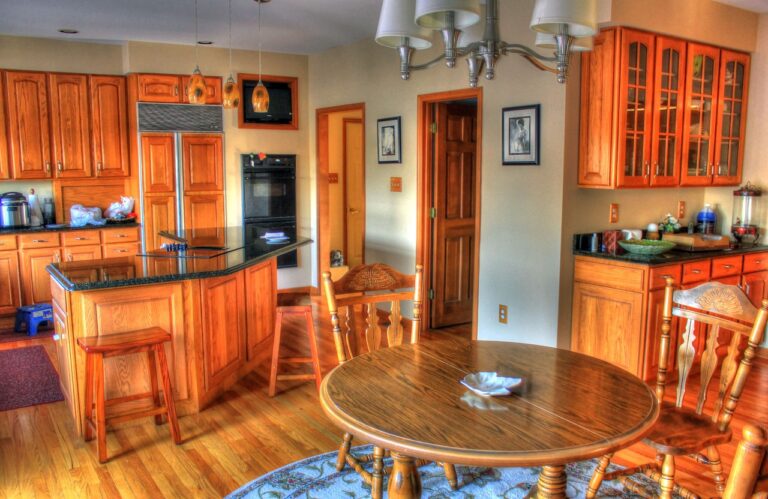Tenant-Focused Home Improvement for Rental Properties
When it comes to identifying tenant needs, it’s important for landlords to consider the unique preferences and requirements of their renters. One way to determine these needs is by engaging in open communication with tenants to understand their concerns and expectations regarding the rental property.
Additionally, conducting regular surveys or feedback sessions can provide valuable insights into the areas that tenants may feel are lacking or could be improved upon. By actively listening to tenant feedback and addressing their needs promptly, landlords can foster a positive and mutually beneficial relationship with their renters.
Engage in open communication with tenants to understand concerns and expectations
Conduct regular surveys or feedback sessions to gather insights
Actively listen to tenant feedback and address needs promptly
Foster a positive and mutually beneficial relationship with renters
Understanding Rental Property Regulations
Rental property regulations play a crucial role in ensuring that both tenants and landlords understand their rights and responsibilities. These regulations are put in place by local, state, and federal authorities to maintain a fair and safe rental environment for all parties involved. By familiarizing yourself with these regulations, you can avoid potential legal issues and create a positive rental experience for everyone.
Common rental property regulations cover a wide range of areas including lease agreements, security deposits, eviction procedures, and property maintenance standards. It is important to thoroughly review these regulations to ensure compliance and prevent disputes down the line. Additionally, staying informed about any updates or changes to rental property laws in your area can help you stay ahead of the curve and maintain a successful rental business.
Budget-Friendly Home Improvement Ideas
Looking to spruce up your rental property without breaking the bank? Consider giving the walls a fresh coat of paint in a neutral color to brighten up the space and make it more inviting to potential tenants. Additionally, updating cabinet hardware in the kitchen and bathrooms can give these areas a modern touch without a hefty price tag.
Another budget-friendly home improvement idea is to focus on enhancing the curb appeal of your rental property. Adding some colorful plants and flowers to the front yard can make a big impact without costing a lot of money. Simple upgrades like replacing the mailbox or upgrading outdoor light fixtures can also freshen up the exterior of your property and attract more interest from renters.
How can landlords identify the needs of their tenants when planning home improvements?
Landlords can conduct surveys or have open communication with their tenants to understand what improvements would benefit them the most.
Why is it important for landlords to understand rental property regulations before making home improvements?
Landlords need to ensure that any improvements made comply with local rental property regulations to avoid fines or legal issues.
What are some budget-friendly home improvement ideas that landlords can consider?
Some budget-friendly home improvement ideas include painting walls, updating fixtures, improving curb appeal with landscaping, and adding storage solutions.
How can landlords prioritize which home improvements to make when working with a limited budget?
Landlords can prioritize home improvements based on tenant needs, potential return on investment, and the overall condition of the rental property.
Are there any home improvement projects that landlords should avoid due to cost or potential complications?
Landlords should avoid major renovations or structural changes that are costly and may not provide a significant return on investment in a rental property.







